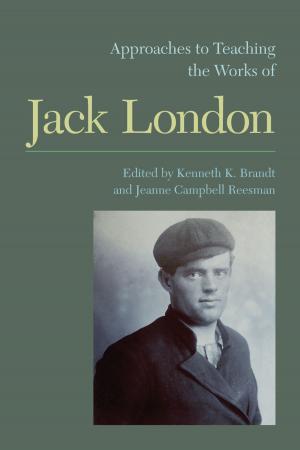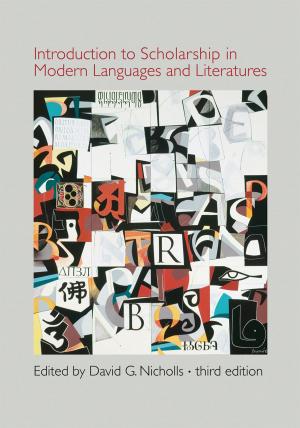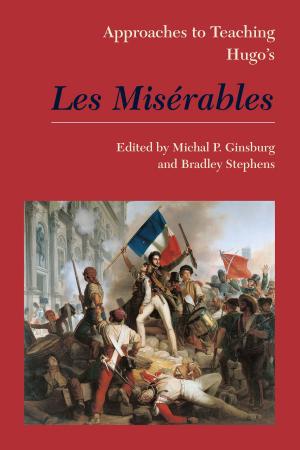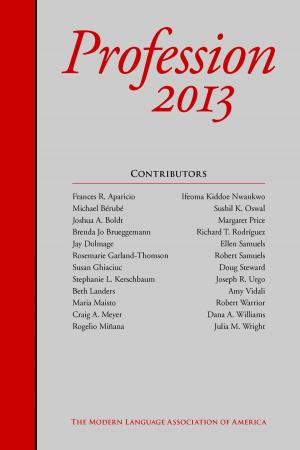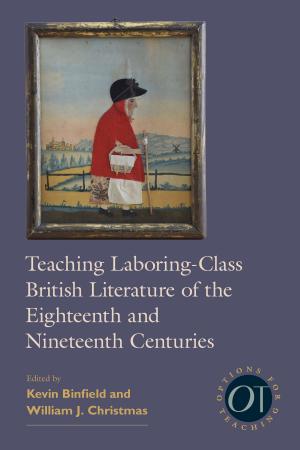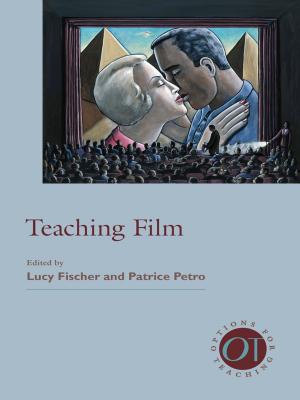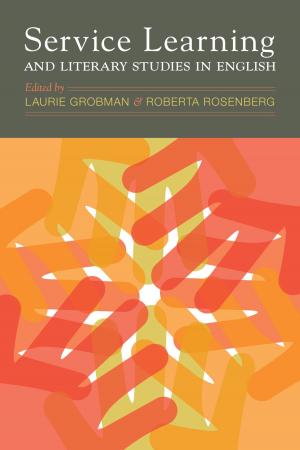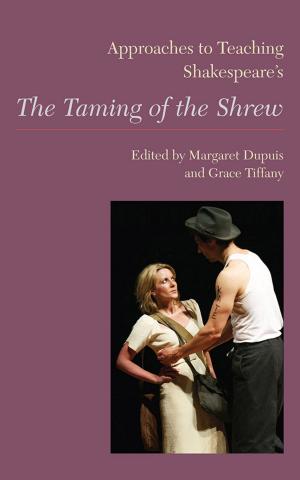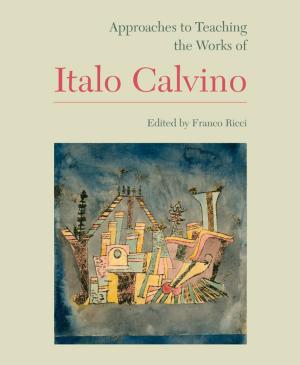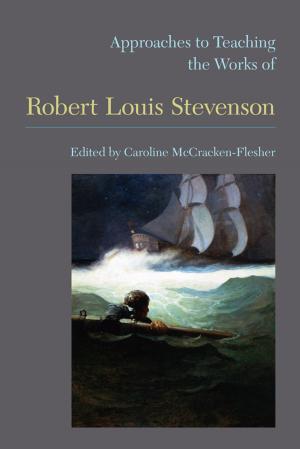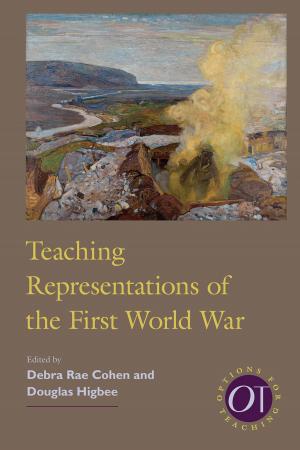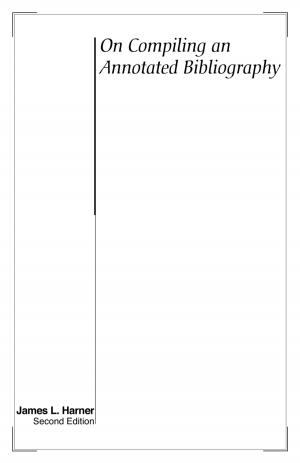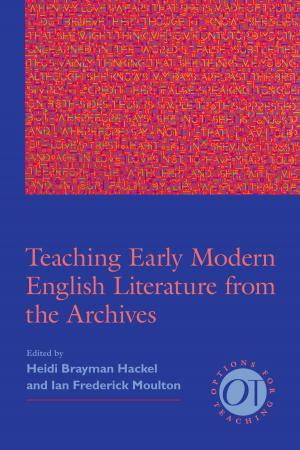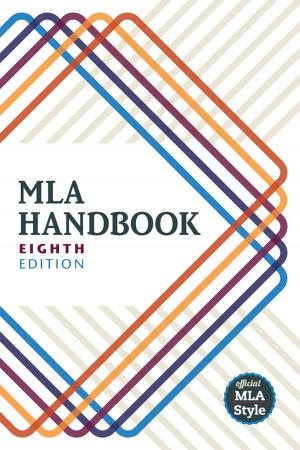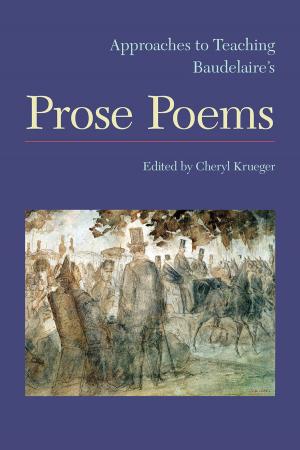Approaches to Teaching the Works of Carmen Martin Gaite
Nonfiction, Reference & Language, Language Arts, Study & Teaching| Author: | Josefa lvarez, Frieda H. Blackwell, Isabel Estrada, Carlos Feal | ISBN: | 9781603291699 |
| Publisher: | The Modern Language Association of America | Publication: | February 11, 2014 |
| Imprint: | The Modern Language Association of America | Language: | English |
| Author: | Josefa lvarez, Frieda H. Blackwell, Isabel Estrada, Carlos Feal |
| ISBN: | 9781603291699 |
| Publisher: | The Modern Language Association of America |
| Publication: | February 11, 2014 |
| Imprint: | The Modern Language Association of America |
| Language: | English |
The career of Spain's celebrated author Carmen Martin Gaite spanned the Spanish Civil War, Franco's dictatorship, and the nation's transition to democracy. She wrote fiction, poetry, drama, screenplays for television and film, and books of literary and cultural analysis. The only person to win Spain's National Prize for Literature (Premio Nacional de las Letras) twice, Martin Gaite explored and blended a range of genres, from social realism to the fantastic, as she took up issues of gender, class, economics, and aesthetics in a time of political upheaval.
Part 1 ("Materials") of this volume provides resources for instructors and a literary-historical chronology. The essays in part 2 ("Approaches") consider Martín Gaite's best-known novel, The Back Room (El cuarto de atrás), and other works from various perspectives: narratological, feminist, sociocultural, stylistic. In an appendix, the volume editor, who was a friend of the author, provides a new translation of Martín Gaite's only autobiographical sketch, alongside the original Spanish.
The career of Spain's celebrated author Carmen Martin Gaite spanned the Spanish Civil War, Franco's dictatorship, and the nation's transition to democracy. She wrote fiction, poetry, drama, screenplays for television and film, and books of literary and cultural analysis. The only person to win Spain's National Prize for Literature (Premio Nacional de las Letras) twice, Martin Gaite explored and blended a range of genres, from social realism to the fantastic, as she took up issues of gender, class, economics, and aesthetics in a time of political upheaval.
Part 1 ("Materials") of this volume provides resources for instructors and a literary-historical chronology. The essays in part 2 ("Approaches") consider Martín Gaite's best-known novel, The Back Room (El cuarto de atrás), and other works from various perspectives: narratological, feminist, sociocultural, stylistic. In an appendix, the volume editor, who was a friend of the author, provides a new translation of Martín Gaite's only autobiographical sketch, alongside the original Spanish.

